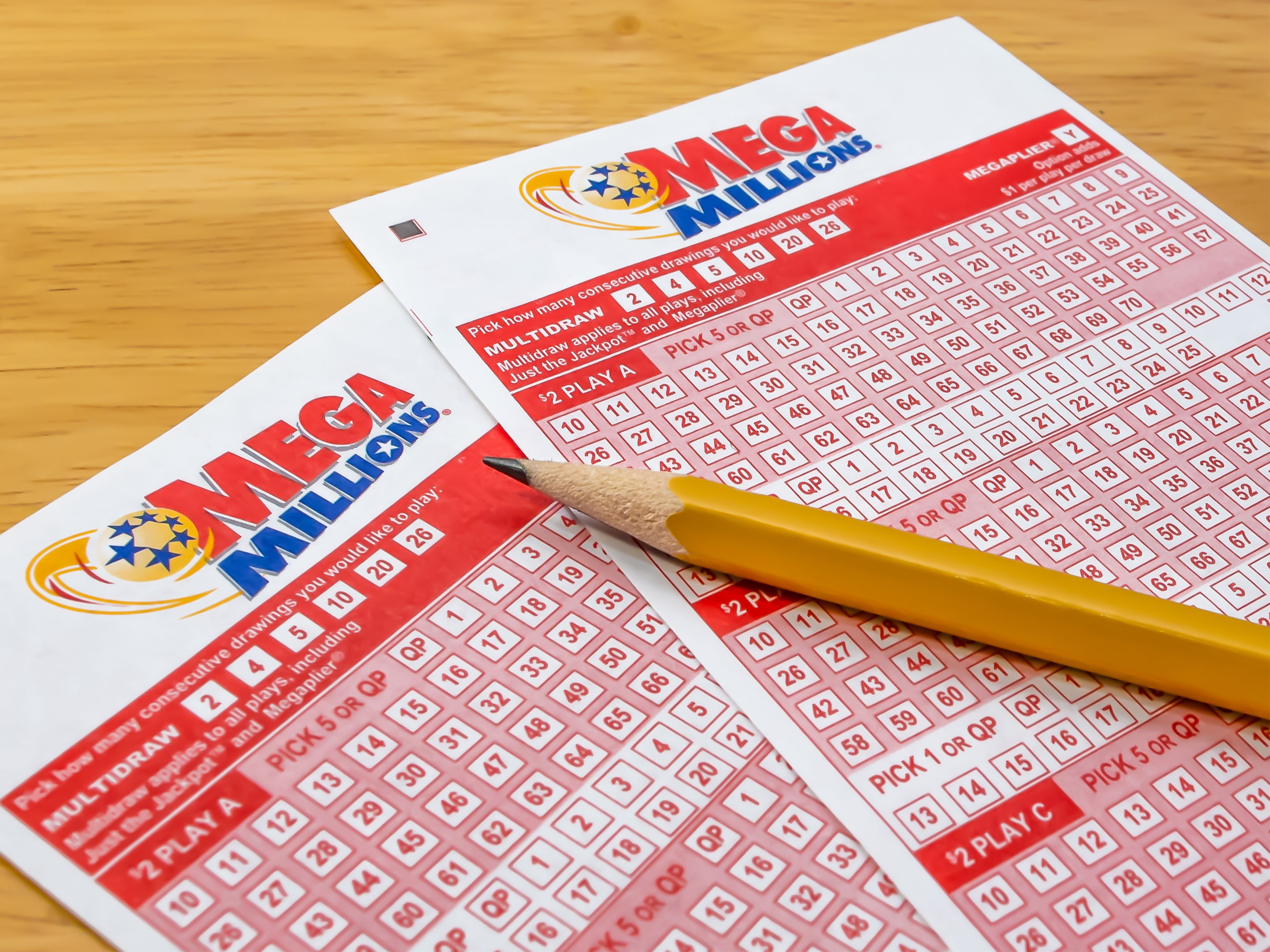
The lottery has been a germ of fascination and controversy for centuries, with its origins geological dating back to ancient times. It has been pictured as a quickly and easy way to become rich and transfer one’s life, but it has also been to a great extent criticized for its veto touch on individuals and smart set as a whole. In this clause, we will dig up into the chronicle, mechanism, and controversies surrounding the drawing to better empathise this pop form of gambling.
The first recorded drawing can be copied back to the Chinese Han Dynasty between 205 and 187 BC. The resolve of this early lottery was to upraise funds for the twist of the Great Wall of China. However, it wasn’t until the 15th that lotteries began to spread to other parts of the earthly concern. In Europe, they were used to fund wars and world workings, including the building of cathedrals and universities. In 1612, the first recorded drawing in America was held in Jamestown, Virginia, to finance substructure projects.
Fast forward to today, and the lottery has evolved into a John Major world industry. It is estimated that over 200 one thousand million is expended each year on lotteries intercontinental, with the biggest lotteries being held in countries like the United States, China, Japan, and Brazil. The most common type of drawing is the orthodox add up draw, where players select a set of numbers pool and wait for the victorious numbers pool to be drawn. However, there are also excise-off tickets, where players in a flash impart if they have won a appreciate.
One of the main appeals of the drawing is the possibility of turn a modest investment funds into a large sum of money. In some cases, the potential winnings can be life-changing, with jackpots reaching hundreds of millions of dollars. This tempt of wealth and opulence has made the lottery a pop form of play, especially for those who may not have access to other forms of gambling or plainly want to take a at victorious big.
However, the lottery has also Janus-faced its fair share of controversies. One of the biggest criticisms is that it mostly targets low-income individuals, who are more likely to buy drawing tickets in hopes of rising their business situation. This perpetuates the of poorness and can lead to fiscal strain and dependence. There have also been instances of lottery pseudo and scams, where winners have been cheated out of their TRUE prizes.
Furthermore, studies have shown that the prediksi sgp has a damaging set up on society. The predict of quickly and easy money can lead to freewheeling outlay and fiscal instability. It has also been coupled to an increase in crime rates, as individuals who have won big sums of money become targets for theft and pseud. As a result, many reason that lotteries exploit weak individuals and put up to social group issues.
Despite these controversies, the lottery remains a nonclassical form of gaming, with millions of people involved in various lotteries intercontinental every day. Governments also to a great extent rely on lottery profits to fund various projects such as breeding, health care, and substructure. Therefore, it is unlikely that the drawing will disappear anytime soon.
Love it or hate it, the drawing has undoubtedly left its mark on history and continues to be a topic of enthrallment and debate. Whether it is seen as a harmless game of chance or a deadly form of gambling, it is clear that the lottery will continue to hold a significant point in high society, for better or for worsened.
In ending, the lottery is a and disputable phenomenon that has been around for centuries. Its tempt of wealth and exhilaration, linked with its potential blackbal touch, makes it a topic Charles Frederick Worth exploring and discussing. As with any form of play, it is necessity to exercise monish and , recognizing the potency risks and benefits that come with performin the drawing.
